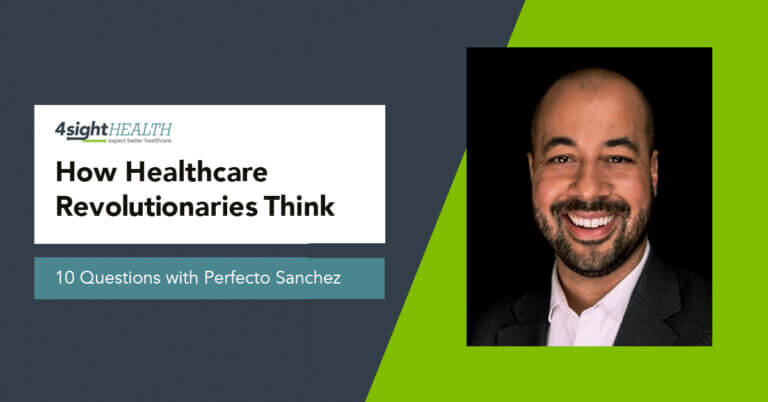February 21, 2024

Up the AI Without a Paddle
As governments, government agencies, lawmakers, technology companies, special interest groups and consumer watchdogs debate how to regulate healthcare artificial intelligence generally and generative AI specifically, a lesser debate is taking place inside the four walls of our health systems.
If you listen in on that debate within health systems, the conversation is a little scary, especially if you’re a patient.
That’s my takeaway from a new report from the Center for Connected Medicine and KLAS Research. The 24-page report is based on a survey of 35 healthcare executives from 34 different health systems.
The report, “How Health Systems Are Navigating the Complexities of AI,” is one look at how health systems internally are trying to get their arms around an exploding technology that ultimately could affect every aspect of their operations and every patient’s episode of care.
Here’s what the survey found that’s a little scary (my fears in parentheses):
- Only six of the respondents said their health systems have updated their general AI governance policy within the past year. (Where did we put that AI governance policy again?)
- Only five of the respondents said their health systems had a specific enterprise-wide governance policy on AI usage and data access. (Who’s doing what with what? Seriously?)
- Twenty-one respondents said their health systems currently don’t have a policy in place that addresses generative AI specifically. (What’s generative AI?)
- Only two respondents said their health systems leave it up to their COO, CIO, CFO and/or chief clinical officer to oversee the deployment of AI at their organizations. Most let directors and/or managers do it. (Whose job is that again?)
- Only three respondents said their health systems have HIPAA compliance requirements in place for third-party AI solutions. (We sent what to whom?)
Doesn’t exactly instill a lot of confidence in health systems’ ability to effectively manage AI throughout their enterprise. If I were a patient, I’d be worried.
Thanks for reading.
To learn more about this topic, check out:





